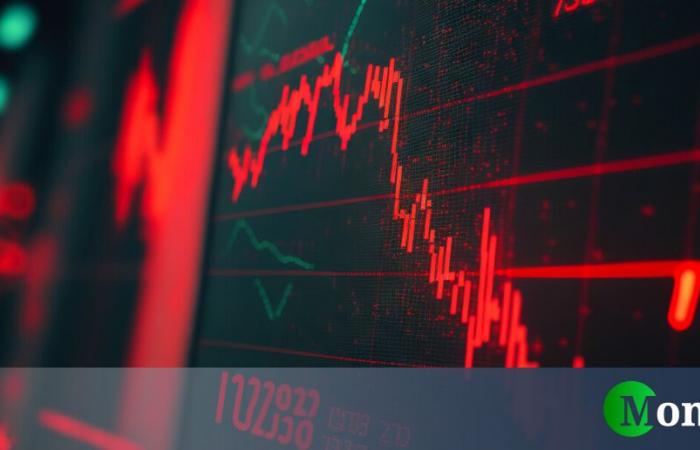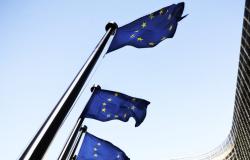An earthquake could strike markets next week, between political elections in France and in the United Kingdom – with the French vote expected as never before – and the publication of crucial data especially from the perspective of Fed rate cuts.
In a climate that has returned to restlessness in the World Stock Exchangesfaced with a strong dollar that is currently stable in its dominant position and with expectations on the cost of US money that are becoming increasingly pressing, new political shocks could add reasons for financial instability.
Investors are at least watching 4 destabilizing factors next week.
1. Elections in France
On Sunday, France will go to the polls, in the first round of the elections which have already had a shock effect on the markets just upon their announcement.
Investors will be watching for any clues about the results of the second round on July 7. However, a 577-constituency race where candidates only need 12.5% of the vote to advance to a second round, which also features three-way races, means uncertainty could prevail.
The fears of a increase in public spending have eased somewhat, aided by signals from Marine Le Pen’s far-right Rassemblement National (RN), leading in the polls, that point to a fiscally responsible stance.
However, the climate remains very unstable. The risk premium that French bonds pay compared to German ones is still more than 25 basis points higher than before the election announcement. French bank shares are close to double-digit losses.
Another concern for markets is the left-wing alliance, which many in the market now see as an even greater threat than the far right. French bonds, stocks and the euro could be impacted by an uncertain or extreme outcome of the vote.
2. Elections in the United Kingdom
Less apprehension, but still high interest in the UK elections scheduled for July 4th.
Polls predict a landslide victory for Labour Party in oppositionresulting in UK stocks and government bonds rise.
Traders expect a return to stability after the strong ones political turbulence occurred during the 14 years of Conservative rule and suggest that Labor leader Keir Starmer could rebuild trade ties with Europe.
However, Britain faces huge fiscal challenges for now with no solutions from either party, as noted by the Institute for Fiscal Studies think tank.
The economic growth it’s lukewarm, the public debt/GDP ratio has reached its highest level in 63 years and taxation as a percentage of national income is approaching a record high since 1949.
If voters expect better public services without tax increases and investors want government debt to stabilize, Starmer may struggle to please both.
3. US Employment and Message for the Fed
Investors are waiting to hear when the Federal Reserve might start cut interest rates they will get critical economic data with the monthly report on employment in the United States published on July 5th.
Economists expect a 180,000 job gain in June. In May, nonfarm payrolls rose by 272,000, much more than expected, underscoring the labour market resilience.
The Federal Reserve kept rates unchanged this month and pushed back the start of cuts until perhaps December, as officials look for more convincing signs that inflation is moderating toward the central bank’s target or evidence that the labor market is worsening.
The latest report on the consumer price index remained unchanged.
4. Emerging markets in the balance
I data on inflation in emerging Asian countries they will be abundant in the calendar. With consumer prices seemingly falling for most economies, the question arises as to how much longer policymakers will need to keep rates high.
The point is that their hands are tied, with a procrastinating Federal Reserve and a dollar on the rise which leaves little or no room for imminent rate cuts in Asia. The risk is that their currencies will be hammered further.
In Thailand, this dissonance sparked a months-long dispute between the central bank and the government.
The latter insists that an urgent rate cut would boost Southeast Asia’s second-largest economy, while the Bank of Thailand (BOT) said rates remain adequate.
BOT governor Sethaput Suthiwartnarueput will speak on Thursday and is likely to reiterate the central bank’s position.







